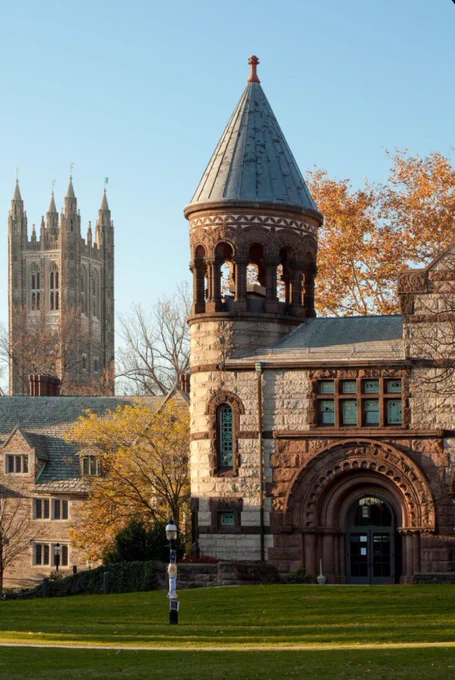Master's Degree in Politics & English Literature
Joined October 2020
- Tweets 199
- Following 216
- Followers 32
- Likes 1,569
Amir retweeted
I have one FREE signed copy of Intellectual Conservatism: From Burke to Scruton to gifted to someone. If you are interested in receiving the book, please repost this post and I will chose someone at random.
Amir retweeted
See my review of this book here:
ripg.uni-nke.hu/hirek/2025/0…
Amir retweeted
We must protect our children
The seed gets planted in elementary school, grows in high school, and blooms in college
Amir retweeted
"For Scruton, art and beauty are fundamental in preserving a sense of the sacred, an orientation for human endeavors. Art need not serve a purpose but neither is it simply for its own sake. Beauty allows art to have profound effects on people and society."
lawliberty.org/book-review/s…
Amir retweeted
"The first chapter, “Our Prejudices,” identifies three progressive biases—a misunderstanding of equality’s universal appeal, a disrespect for the past, and a skeptical approach toward the existence of God—that conservatives must challenge."
ripg.uni-nke.hu/hirek/2025/0…
Amir retweeted
We’ve extended the deadline for abstracts! Join us in Hull on 28th and 29th October. @PoliticsatHull
CfP: CSG Annual Workshop - deadline for abstracts extended to Monday 15th September - don't miss out!
mailchi.mp/ddac5142afb0/psa-…
Amir retweeted
The essence of conservatism is therefore the recognition that politics is not a field in which we enjoy complete freedom of choice, but rather a form of action in which our options are fundamentally influenced by forces beyond our own competence.
Amir retweeted
“That total equality can only be affected by eradicating liberty is regarded today less as a warning, more an aspiration” — @patrickxwest reviews True Conservatism, by Anthony T. Kronman thecritic.co.uk/issues/july-…
#Roger_Scruton’s aesthetic theory is deeply influenced by the concept of tradition, as he believed that beauty and artistic value are rooted in historical continuity rather than radical innovation. 1/3
McIntyre's revival of virtue ethics & communal traditions continues to inspire those seeking a more integrated approach to politics and morality, rooted in the fundamental idea that the pursuit of the good life is not an isolated endeavor but a social, inter-generational journey.
MacIntyre’s work remains a cornerstone in contemporary moral, political, and theological philosophy, offering an alternative to the individualism and moral relativism that characterize modern thought.
He contends that liberalism erodes the possibility of a shared moral life by severing the relationship between ethics and communal belonging, rendering political discourse little more than competing individual preferences within an impersonal bureaucratic framework.
MacIntyre’s political philosophy challenges the foundational premises of liberal democracy, arguing that its emphasis on autonomy and procedural justice has led to social fragmentation and moral decay.
Unlike liberal individualism, which divorces ethics from communal life, MacIntyre asserts that moral excellence is inseparable from the traditions, narratives, and institutions that shape human character.
MacIntyre advocates for a return to virtue ethics, a tradition rooted in Aristotle’s notion of #eudaimonia. Central to this ethical vision is the concept that morality must be understood within the context of a social practice.
MacIntyre advocates for a return to virtue ethics, a tradition rooted in Aristotle’s notion of #eudaimonia. Central to this ethical vision is the concept that morality must be understood within the context of a social practice.
In doing so, they inadvertently stripped morality of its communal and teleological dimensions, reducing ethical discourse to competing ideological claims devoid of any objective grounding in the human good.
























